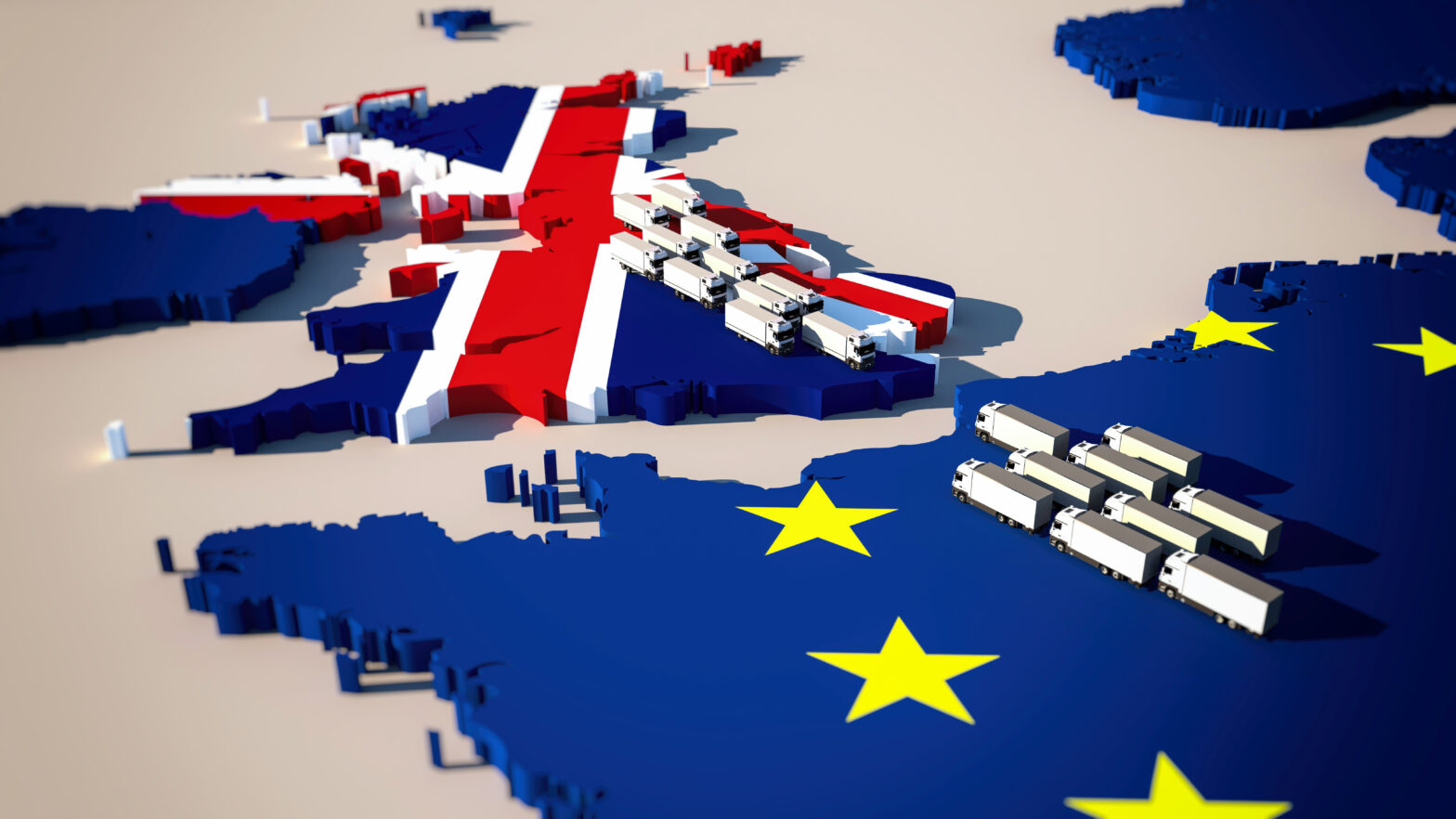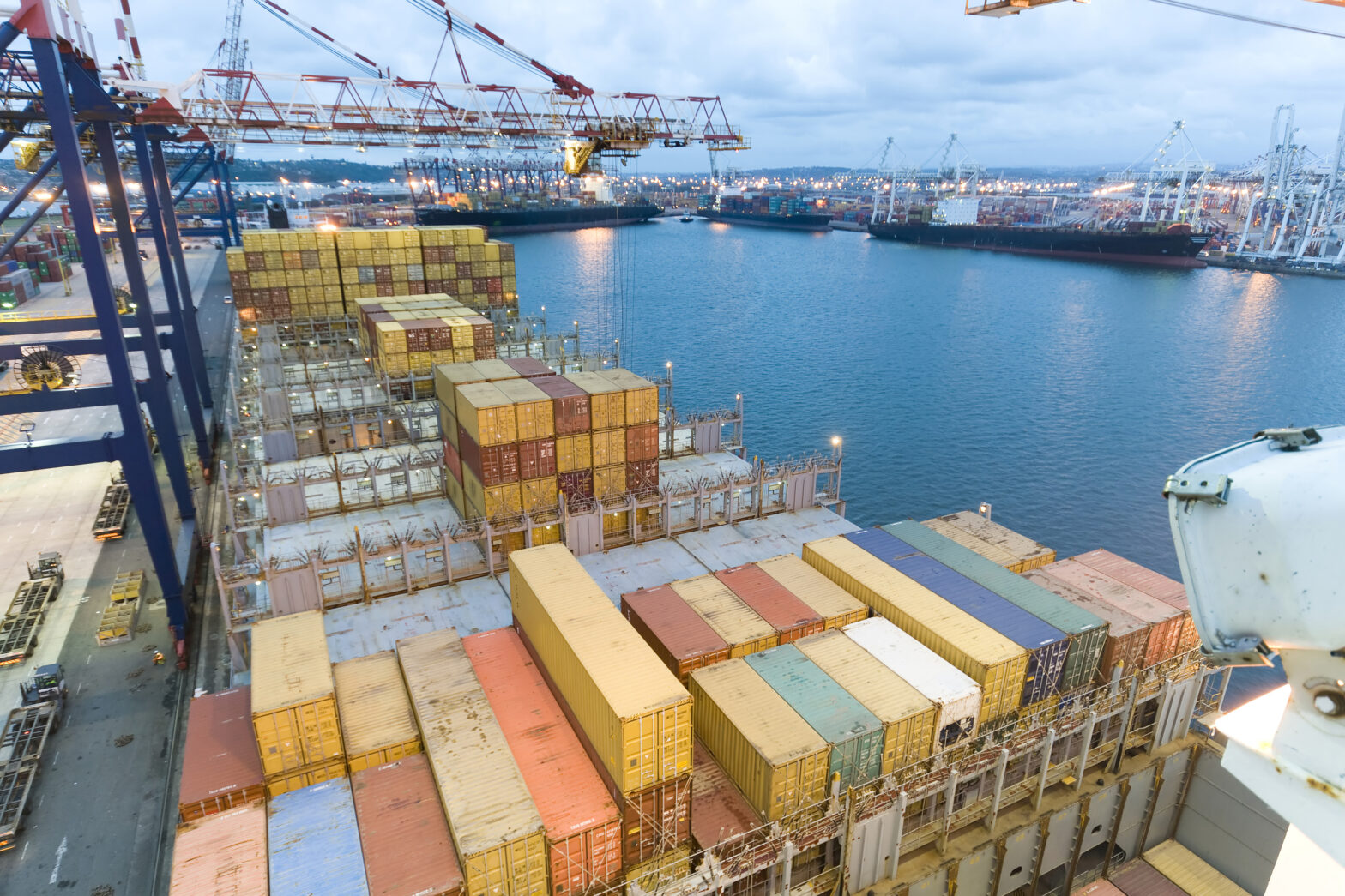Half of mainly small business exporters that send goods into the EU are facing difficulties trading post Brexit.
For manufacturers the problems are just as bad, with 51 per cent finding life exporting to Europe more difficult after Brexit, according to a British Chambers of Commerce survey.
Overall, nearly one third of businesses (30 per cent) surveyed said they found trading more difficult in January following Britain’s exit from the EU.
>See also: Half a million businesses at risk of collapse without more support
The main problems cited by exporters over Brexit were increased administration, costs, delays and confusion over what rules to follow.
In particular, the BCC would like to see firms be able to write off what they spend on extra admin and customs costs against their tax bill, and for the government to push back against the EU imposing extra health checks on food and animal exports from April, as well as full customs checks from July.
The BCC would also like to see the EU and UK government work together to try and minimise unhelpful burdens, including aspects of rules of origin and VAT.
The research is the first large survey of how companies are coping since the Brexit deal came into force.
The BCC surveyed 1,000 businesses, mostly small businesses, with nearly half (47 per cent) exporting goods or services to the EU.
>See also: How to avoid paying £130,000 in VAT registration fees if you export to EU
Adam Marshall, director general of the BCC, said: “Trading businesses – and the UK’s chances at a strong economic recovery – are being hit hard by changes at the border.
“The late agreement of a UK-EU trade deal left businesses in the dark on the detail right until the last minute, so it’s unsurprising to see that so many businesses are now experiencing practical difficulties on the ground as the new arrangements go live.
“For some firms these concerns are existential and go well beyond mere ‘teething problems.’ It should not be the case that companies simply have to give up on selling their goods and services into the EU. Ministers must do everything they can to fix the problems that are within the UK’s own control and increase their outreach to EU counterparts to solve the knotty issues that are stifling trade in both directions.”





